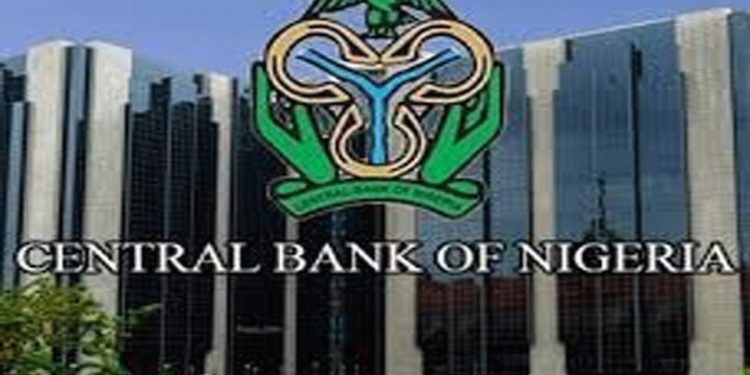The value of Nigeria’s currency in circulation has surged to N3.87 trillion by the end of March, as indicated by the latest money and credit statistics published on the Central Bank of Nigeria’s website. This figure marks a notable increase from N3.69 trillion in February and N3.65 trillion in January, reflecting a growing trend of cash circulation within the economy.
Moreover, currency held outside banks has also seen a progressive rise throughout the first quarter of the year. Starting at N3.28 trillion in January, it climbed to N3.41 trillion in February and reached N3.63 trillion by the end of March. Notably, over 90% of the currency in circulation is now held outside of the formal banking system, signaling a preference among Nigerians for cash transactions.
Addressing the Monetary Policy Committee of the Central Bank of Nigeria during their March meeting, Muhammad Abdullahi highlighted the apex bank’s recognition of high currency outside banks as a significant factor influencing the country’s inflation rate. He emphasized that while the prices of domestic food items remain a primary driver of headline inflation due to supply shortages and logistical challenges, the central bank’s response is aimed at tackling monetary drivers such as money supply growth, exchange rate depreciation, and the prevalence of currency outside banks.
Abdullahi’s statement underscores the importance of monetary policy measures in addressing inflationary pressures and maintaining economic stability. As the central bank continues to monitor and analyze key indicators, including currency circulation patterns, it will likely implement targeted interventions to mitigate inflationary risks and support sustainable economic growth.
Financial analysts say the rise in currency circulation and the predominance of cash transactions outside the banking system highlight the need for financial inclusion initiatives and efforts to promote digital payments in Nigeria. They emphasize that by encouraging the use of electronic payment solutions and expanding access to financial services, policymakers can enhance efficiency, transparency, and financial stability in the economy.















